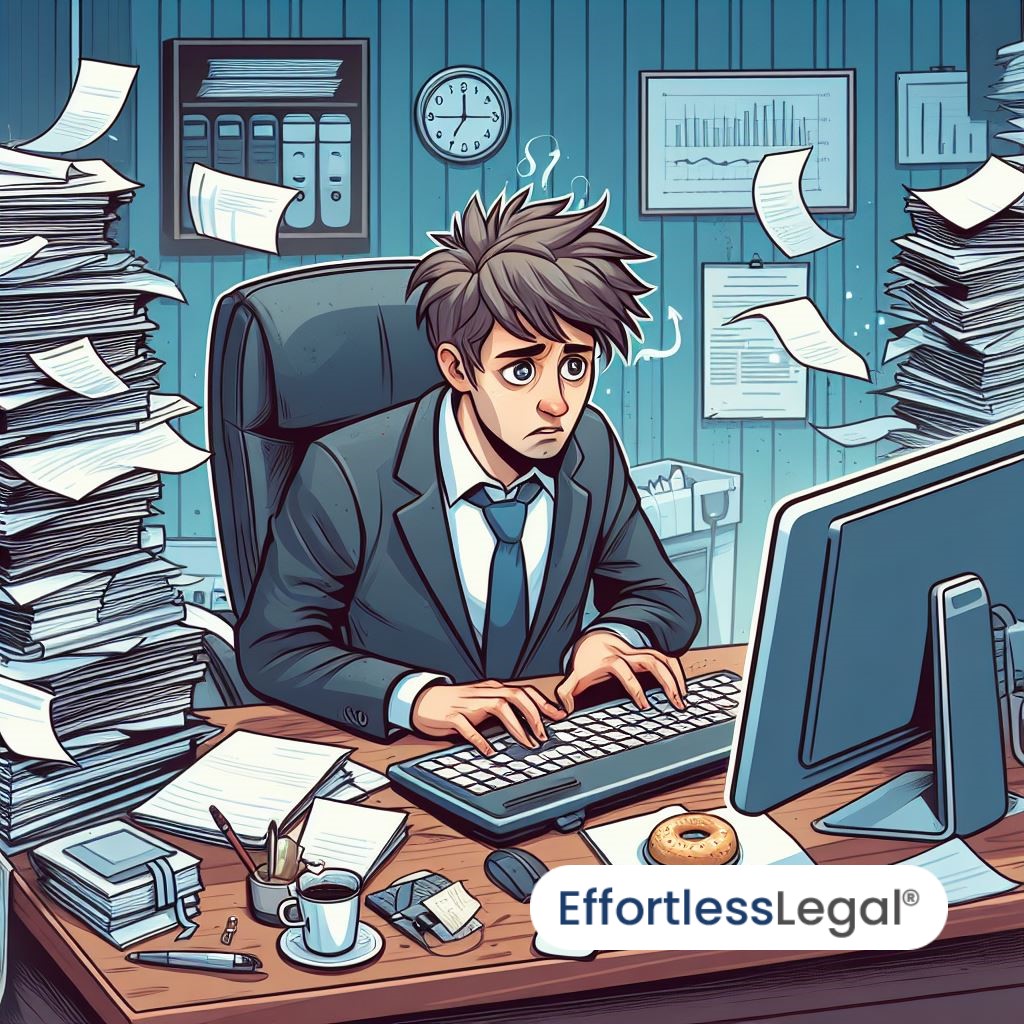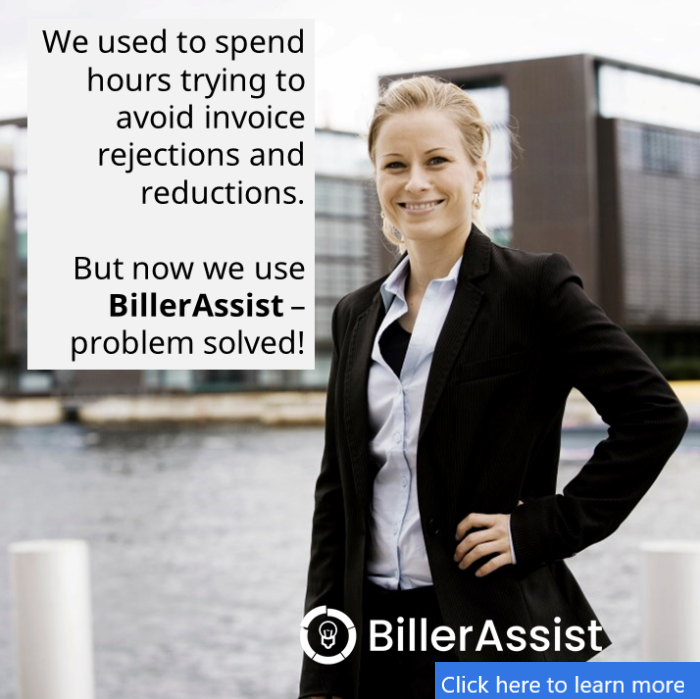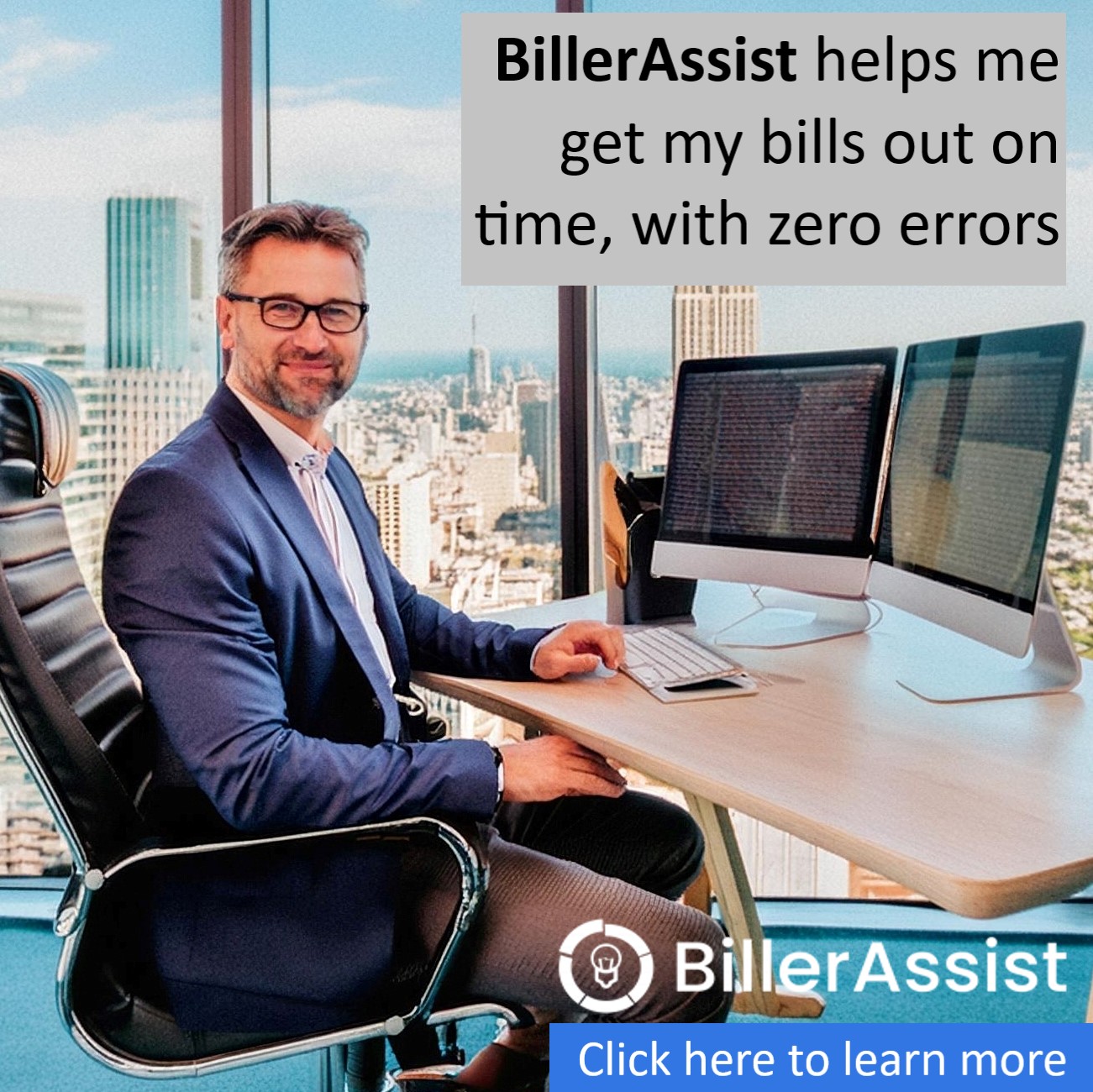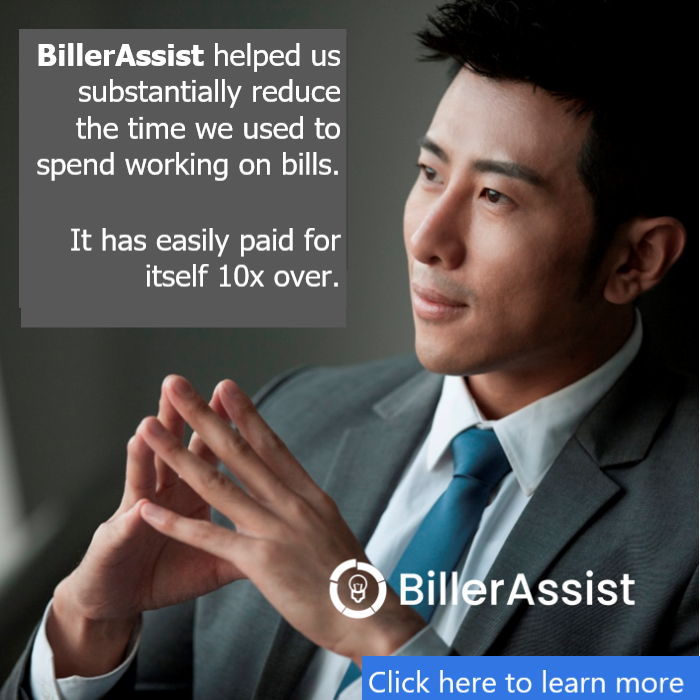6 Ways For Lawyers To Reduce Stress With Technology’s Help

The entertainment industry has a storied history of amplifying the dramatic aspects of life and downplaying the more mundane.
This is most evident in the portrayal of the legal field. If movies and TV shows are to be believed, being a lawyer is filled with constant life or death drama and intrigue.
Unfortunately, this is most often not the case at all.
The reality is that the legal profession often entails copious long hours of demanding work and stress.
Between providing billable work on time with a consistently high level of quality, along with all of the necessary non-billable work such as implementing client acquisition and screening, keeping track of billable time, getting bills submitted, getting bills paid, and conducting related administrative tasks, the life of a lawyer can feel incredibly taxing.
For lawyers, it can feel like the number of pressing tasks that require their attention is infinite. As soon as one issue is dealt with, five more pop up to take its place. If these issues involve work for a paying client, this may be favorable to the alternative from a revenue standpoint. However, the human body can only take so much physically, mentally, and emotionally.
The question becomes: What can lawyers do to manage or mitigate the realities of professional stress? We’d like to provide a few ideas.
Triage
According to First Things First author Dr. Stephen Covey, a group of students were once asked to fit a copious amount of objects of varying size – including a bunch of large rocks – into a one-gallon jar.
We have to fill it with the things we deem the most important first, or else there won’t be room for them.
Identifying what should come first in your life – i.e., your large rocks — can be a difficult undertaking. Priorities can shift and compete with each other. All the same, if you can identify the things most important to you and give them priority in terms of your attention, it will help keep you from missing out on things you don’t want to lose.
Boundaries
Identifying your large rocks doesn’t do much good if you don’t protect the priority you’ve assigned them. The only way to do that is to set clear boundaries around them.
This can take many forms. If family time is a large rock for you, consider setting aside time that is strictly family time, regardless of circumstance (within reason). If something you want to do is important to you, treat it as if it is something you are required to do.
Of course, boundaries are only as effective as the forces that enforce them.
In The Lawyer Therapist: Healthy Boundaries Make for Healthy Lawyers, author Doron Gold explains, “[t]o set a boundary and then not to enforce it is to have no boundary at all. Boundaries are about telling people how you want them to treat you and then holding them to it. That requires clarity of terms, the clear communication of them, consistent enforcement, and the implementation of consequences for a violation.”
Mindfulness
A mind that is always going 200mph is going to burn out sooner or later without some regular form of respite.
Exercises in mindfulness have become a way for lawyers to relax their minds – often in productive ways – and recalibrate themselves to meet the challenges of their demanding profession.
It’s to the point where mindfulness clubs, classes, and organizations tailored specifically towards lawyers have become commonplace. The Center for Contemplative Mind is just one example of these organizations.
Meditation and body scan techniques serve as additional mindfulness methods. For the more tech-savvy attorneys out there, applications like Aura and Calm can create a customizable meditation experience anywhere you bring your smartphone.
Realism
Setting unrealistic goals is one of the easiest ways to shoot yourself in the foot. When you inevitably don’t meet lofty goals, it will only serve to depress you. That’s the last thing a lawyer needs with all the existing stress that comes with their chosen profession already.
You don’t have to generate millions of dollars in new revenue during the first a week and a half into your job at a new firm. Setting goals is a huge part of success, but make sure they are attainable goals. Having realistic aspirations is not a sign of a lack of ambition.
This goes for lawyers in a position of management as well. Setting unrealistic goals for yourself and those you manage can shatter morale and damage hiring and development opportunities. Find a system that works and stick to it.
Technology
Tools are designed to make tasks easier. Not using available tools serves no purpose beyond needlessly making life more difficult.
For example, the accurate scheduling of important tasks is a major boon towards getting them done in a timely manner. If you’re someone who forgets things – even if you write them down – you may be able to benefit from the use of tools like email calendars. These calendars can send you reminders that events or deadlines are imminent.
In addition, applications like OneNote and Todoist can help you track your task completion progress.
Few things are more stressful or overwhelming than forgetting a task until right before it needs to be completed, or missing the deadline entirely. Fortunately, the problem is universal enough that even more apps exist to help deal with it. For example, apps like RescueTime and Remember the Milk were designed to remind you of important deadlines and help motivate you to maximize productivity.
It’s easy to lose track of time or get distracted by everything else going on around you. These apps aid in keeping you on track.
Automation
If technology continues on the trend it’s been following, automation will soon become a part of a lawyer’s everyday life. Although some might fear this change, automation brings with it a welcome relief from the stresses of tedium, human error, and wasted effort.
Consider getting ahead of the curve and exploring existing legal technology tools that can help you focus more time on billable tasks and less on mundane — albeit important — administrative tasks.
If you don’t know where to start, the Legal Technology Buyers Guide provided by the American Bar Association is a great place to start.
For example, apps like Case Text can help speed up the legal research process. Billing is a common time-consuming headache, but apps like BillerAssist dramatically reduce the time it would take to manually complete the process – all while cutting down on the possibility of human error.
Conclusion
Being a lawyer is unlikely to produce the drama-filled spectacle entertainment media suggests it will. Stress is a real and sizable part of the job. However, you can’t forget that you set the terms of what you do and how you respond to the stimuli around you.
It’s also not something to be embarrassed about if the stress becomes too much for you to handle on your own. Resources like the American Bar Association’s Lawyer Assistance Programs exist for that very purpose. Failing that, contact your physician or seek some other form of outside help.
As competitive a profession as the law can be, your health should always come first. Good luck and make sure to stay healthy.




